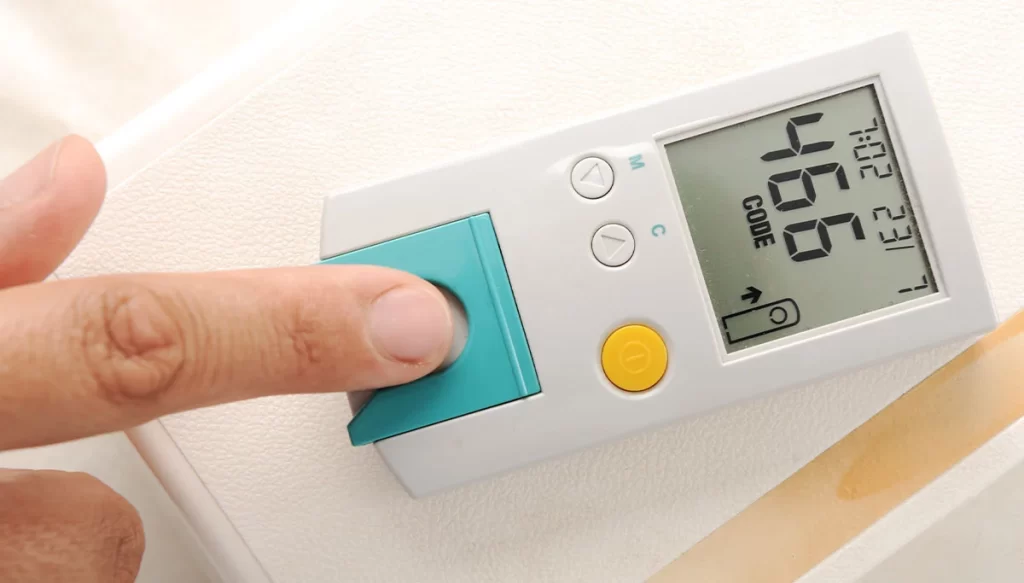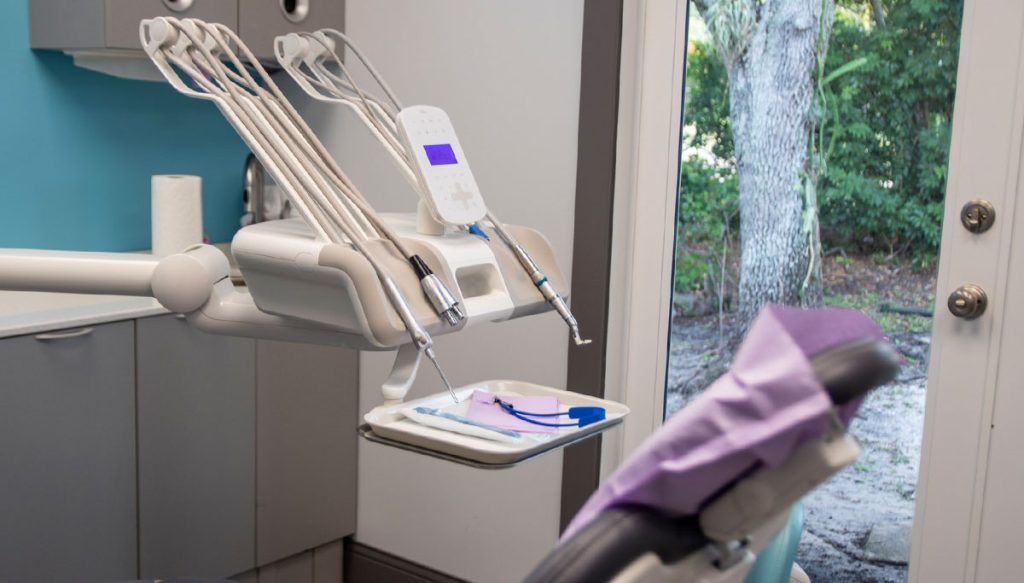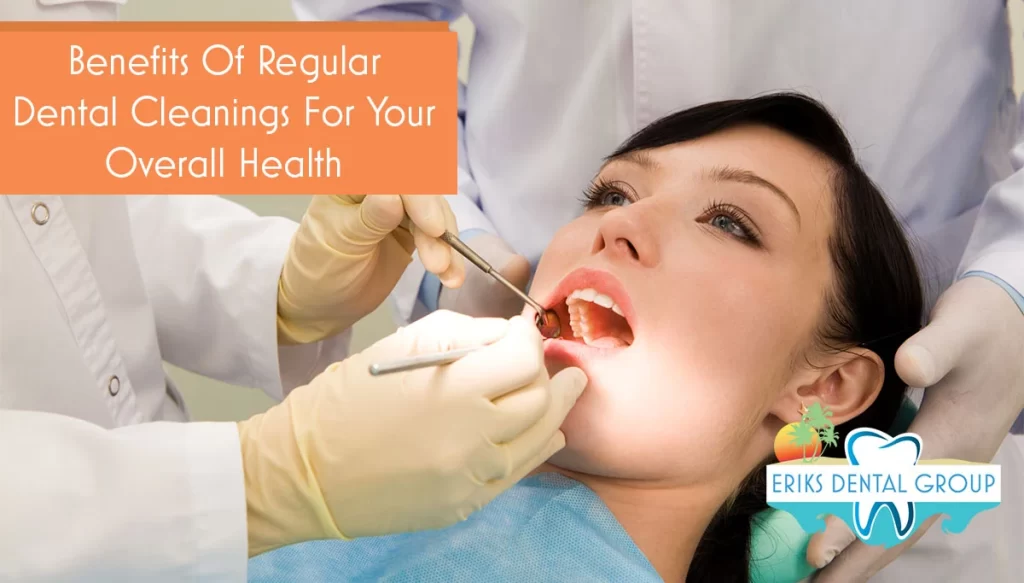Are your gums red, bleeding, inflamed, or swollen? Perhaps you have persistent bad breath or a bad taste in the mouth. Or maybe you’ve noticed plaque and tartar buildup, and your teeth are sensitive. If you answer yes to any of these, it’s time for a dental cleaning.
Dental cleaning is a routine procedure that removes tartar and plaque buildup from teeth and under the gum line. This helps maintain good oral health and prevent cavities, gum diseases, and tooth loss. Also, teeth cleaning helps in the early detection of oral problems and prevents bad breath.
Besides maintaining your radiant smile, regular dental cleaning can help prevent serious illnesses. Keep reading to learn the importance of professional oral cleaning for your overall health.
1. Lower Risk of Stroke and Heart Attack
Studies have shown that poor oral hygiene increases the risk of cardiovascular issues. Poor oral hygiene allows tartar and plaque to form in the mouth, which triggers inflammation throughout the body. This inflammation may contribute to various health issues such as stroke and heart attack. Also, the bacteria in the mouth may find their way into the bloodstream. The bacteria can travel and lodge in blood vessels, causing blood clots and increasing the risk of heart problems.
Regular dental cleaning removes bacteria, plaque and tartar buildup in the mouth, reducing overall inflammation and minimizing the chances of bacteria entering the bloodstream, thus, helping to lower the risk of stroke and heart health problems.
2. Prevents Respiratory Infections

Poor oral health and respiratory illnesses are closely linked. A buildup of harmful oral bacteria causes dental issues such as tooth decay and bleeding gums. If left untreated, oral bacteria can travel to your respiratory system through breathing or aspiration and cause an infection.
When oral bacteria enter the bloodstream, they can reach your respiratory system, irritating and inflaming lung tissues. This can make your respiratory system susceptible to illnesses such as flu and common cold. The bacteria can also cause more serious infections such as pneumonia and bronchitis and exacerbate conditions like asthma, Chronic Obstructive Pulmonary Disease (COPD) and emphysema.
Teeth cleaning helps reduce the risk of oral health complications and maintains optimal oral health. The procedure reduces the risk of respiratory infections by lowering oral bacteria load and controlling inflammation.
3. Aids Diabetes Management

Serious gum diseases make it hard for the body to control blood sugar. . High blood sugar provides the ideal conditions for bacteria to grow, further compounding the oral problem. Dental cleaning prevents oral issues such as tooth decay and gum diseases. Good health positively impacts diabetes through reduced inflammation and improved blood sugar control.
For people with existing diabetes, professional oral cleaning is even more critical to help manage the condition. The procedure helps prevent gum diseases, which can worsen blood sugar control, making it harder to manage diabetes.
4. Improves Mental Health
Oral health issues can impact your quality of life and effect your mental health. Teeth cleanings can help improve your smile and overall appearance, boosting confidence. Also, cleaning reduces stress, pain, and discomfort by preventing gum diseases and other dental problems. In addition, you enjoy better sleep quality as cleaning addresses issues that may disrupt your sleep, such as bad breath and painful dental problems. Boosted confidence, reduced pain, improved sleep, and lower stress levels contribute to improved mental health.
Types of Dental Cleaning
There are four different types of dental cleaning procedures. Knowing these types and what they include can help you decide which one might suit your specific oral needs. Each type aims at keeping your teeth clean, but largely depends on the condition of your teeth and gum.
1. Prophylaxis Cleaning
Prophylaxis cleaning, also known as normal dental cleaning, is a preventative dental procedure that aims to maintain good oral health and prevent gum disease. It’s routine dental maintenance that everyone, including those with good oral health, should get once every six months. The procedure removes buildup like tartar, plaque and stains on the teeth surface. It involves:
- Physical examination using tools such as a mouth mirror
- Plaque and tartar removal using specialized tools such as scalers and ultrasonic cleaners
- Brushing the teeth with a gritty paste
- Polishing teeth surface
- Applying fluoride to strengthen enamel and prevent cavities
The cleaning process takes about an hour to complete and doesn’t result in any discomfort.
2. Scaling and Root Planing Cleaning
Also known as deep cleaning, scaling, and root planing are more intensive than prophylaxis cleaning. A deep cleaning is an invasive (but not surgical) procedure that aims to remove any buildup above and below the gum line and the surrounding teeth structure. Avoiding regular trips to a dental clinic increases the need for deep cleaning. This is because brushing and flossing without professional dental care can’t clean the entire tooth surface. Over time, oral bacteria that aren’t removed can get into the gum line and periodontal pockets, infecting your gums.
Deep cleaning involves:
- Local anesthetic: This numbs your mouth to minimize any pain or discomfort
- Tooth scaling: Similar to prophylaxis cleaning, it involves the use of scalers and ultrasonic cleaners to remove buildup above the gum line and from gum pockets.
- Root planing: Unlike scaling, root planing happens below the gum line focusing on the tooth roots.
Deep cleaning is mainly performed on periodontal disease patients to treat and protect their gums. The procedure can be performed in a single appointment for individuals in the initial stages, however, at advanced stages, such as periodontitis, the procedure is more intensive and might need multiple appointments.
3. Gross Debridement
Gross debridement, also called full mouth debridement, is a heavy duty cleaning designed for teeth with severe buildup. This cleaning is often done on individuals who have gone years without visiting a dentist or those with a poor oral care routine. It removes tartar and plaque from all areas of the mouth and uses specialized tools to loosen the hardened buildup. The cleaning is often followed by other dental procedures to address any underlying oral health problems.
4. Periodontal Maintenance Cleaning
This type of cleaning focuses on maintaining healthy gums by removing any buildup that can result in the recurrence of gum disease. It’s specifically designed for individuals who have undergone periodontal treatment for gum disease. The procedure is typically performed more often compared to other types of cleaning. However, the frequency will depend on the severity of the condition and the dentist’s recommendation.
Professional Dental Cleaning in Boynton Beach

Routine dental cleaning and good oral health are key to a healthy smile and overall well-being. At Eriks Dental Group, we’re the official sponsors of smiles.
Visit our dental office at 3399 W. Woolbright Road, Boynton Beach, for a variety of exemplary dental services, including teeth cleaning, dental implants, teeth whitening, cosmetic dentistry, and family dentistry.
You can also call 561-733-4004 to speak to one of our team members, or request an appointment online.

